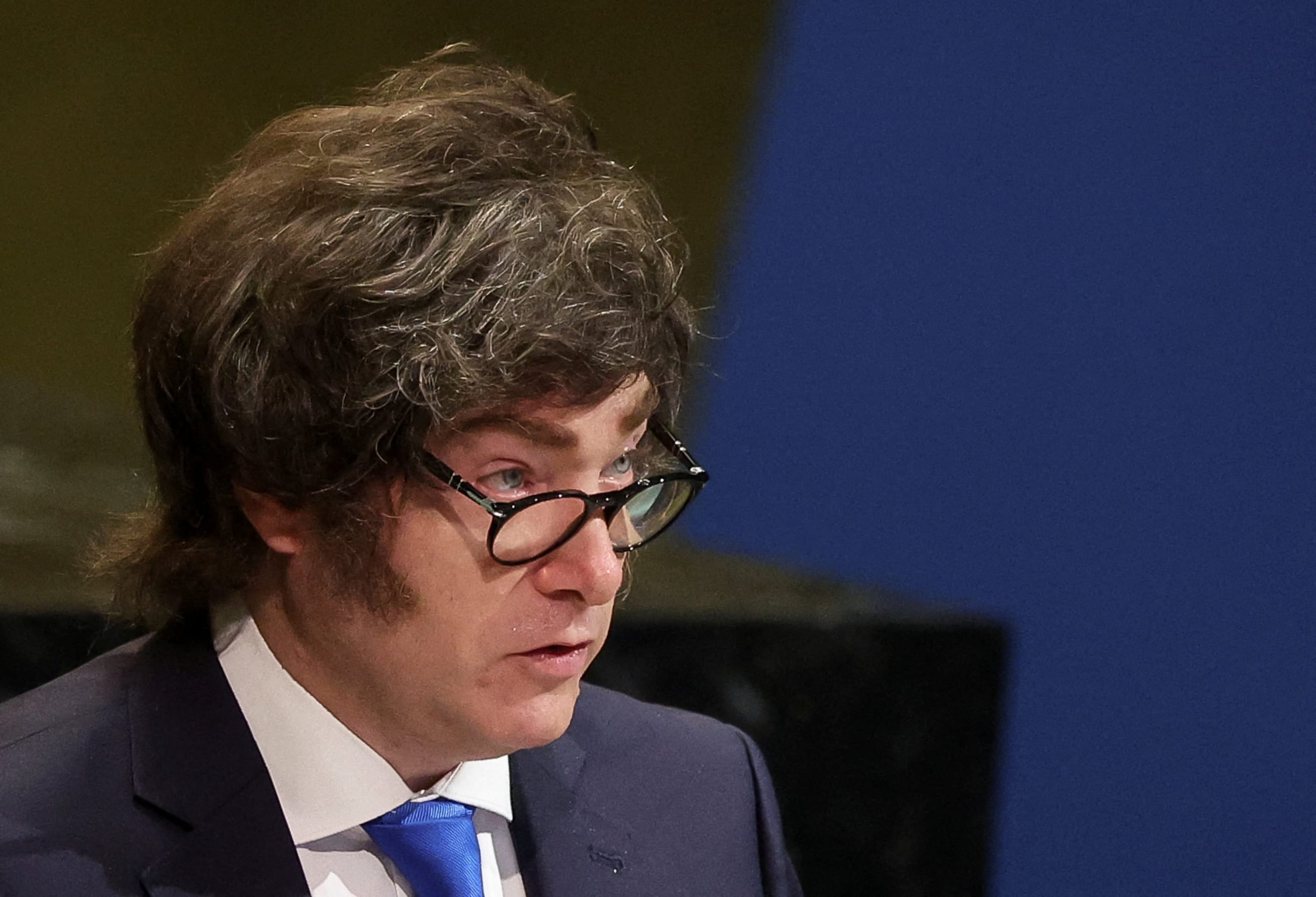As Argentina readies for its midterm parliamentary election on October 26, President Javier Milei's sweeping transformations and stringent fiscal policies have ignited a heated national debate. Since assuming office in late 2023, the president has slashed the health-care budget by 48% and fired more than 2,000 employees from the Ministry of Health. Those cuts have spurred deep anxieties over health, public higher education, and retirement policies.
At the same time, national health indicators are increasingly worrisome, as is the turmoil surrounding the National Disability Agency. Repeated clashes with medical residents at the country's leading pediatric hospital have only deepened public unease.
Yet most experts acknowledge that the current health crisis is not an isolated disruption but instead the latest chapter in a decades-long decline of the system [PDF]. Although the outcome of Argentina's upcoming midterm elections remains uncertain, its consequences could extend beyond domestic politics and derail the country's ambitious reform agenda.
Ahead of its election, Argentina confronts a policy dilemma with limited options: Continuing Milei's reforms risks eroding population health but reversing his maneuvers could generate comparable harms through renewed economic decline. This tension underscores a deeper governance challenge—how to reconcile fiscal stabilization with the protection of public health in the context of chronic economic fragility.
A Pivotal Year
When President Milei assumed office in 2023, Argentina was grappling with annual inflation of 143%, a currency crisis, and poverty afflicting 4 in 10 citizens. The nation faced a deep fiscal deficit, a trade shortfall of $43 billion, and a daunting $45 billion debt owed to the International Monetary Fund, multilateral banks, and private creditors.
Comparing the first three quarters of 2025 with those from 2020 to 2024, measles incidence has risen by 1,650%
In an attempt to fix the economy, President Milei almost halved Argentina's health-care budget, dismissed nearly one-quarter of Health Ministry employees, and curtailed financing for several essential drug-access programs, including one that provided cancer medications to uninsured patients. He also froze federal funding for immunization campaigns and dismantled the National Directorate for HIV, Hepatitis, and Tuberculosis—measures that, despite easing fiscal pressures, were accompanied by delays in testing and treatment. Adding to these concerns, the country initiated the process of withdrawing from the World Health Organization, mirroring U.S. President Donald Trump's decision.
Observers questioned whether these health-care measures would ultimately compromise population health beyond what was already anticipated from poverty and hyperinflation. This year, marked by mounting health uncertainties, could offer the clearest indication of the policy trade-offs at stake. Comparing the first three quarters of 2025 [PDF] with those from 2020 to 2024, measles incidence has risen by 1,650%, hepatitis A by 296%, leptospirosis by 222%, pertussis by 59%, tuberculosis by 31%, and syphilis 71%.

Illustrating the enduring nature of the country's health decline, adults in Argentina faced almost twice the risk of dying before age 60 (111.4 per 1,000 people) in 2016 as adults in Denmark (65.0 per 1,000), underscoring a pronounced survival gap that has persisted for more than two decades.
Average male height—a marker of the cumulative influence of nutrition, health care, and social conditions—tells a similar story. Argentina, once ahead of many peers, saw modest gains in that marker before it leveled off at about 174 centimeters (68 inches) in the 1980s even as South Korea—long among the countries with the shortest men—saw its average rise steadily and by the mid-1990s surpass Argentina's.
On September 13, the National Pediatric Hospital—one of the flagships of Argentina's public health sector—went on strike for 24 hours to protest health-care cuts. That protest came after the National Disability Agency was implicated in one of the country's largest health-care corruption cases. Public reaction to Milei's economic overhaul has been largely negative.
In Buenos Aires, Argentina's largest province, former President Cristina Kirchner's Justicialist Party defeated President Milei's La Libertad Avanza party by more than 13 points. A more significant political setback for President Milei in the upcoming national midterm elections could stall economic reforms, heighten the risk of renewed economic instability [PDF], and exacerbate existing challenges to population health.
If the economy continues to decline as it has over the past three decades, the health of the population will inevitably follow suit.
Welcomed Reforms
Milei's government dismantled centralized control over private insurance pricing and placed private insurers on an equal footing with obras sociales (state-run health-care entities). This allowed private insurers to receive funds from mandatory payroll contributions. Although this measure reduced out-of-pocket costs for workers enrolled in private coverage, it raised questions about long-term sustainability and regulatory oversight.
Public health care has also been transformed. The 2026 budget raises health spending by 17%—directing resources toward salaries, equipment, supplies, and epidemic preparedness. That allocation signals an effort to balance fiscal adjustment with strengthening the health system, though the durability of the reallocations remains uncertain amid ongoing economic volatility and persistent inequality.
Structural challenges in Argentina's health-care sector have long included recurrent corruption [PDF], systemic strains exacerbated by the pandemic, and persistent fiscal constraints.
The challenge facing President Milei is enormous. Ahead of the midterms, he needs to persuade the population to support deep structural reforms that risk undermining essential public services—such as health care—on the promise of a lasting national recovery. Achieving this requires collaboration from governors and legislators across the political spectrum, many of whom are his opponents.
By maintaining focus on Argentina's chronic social ills rather than succumbing to the distractions of the election, Milei could win the election. If he is successful, the result could mark a historic turning point for Argentina's health-care system.













